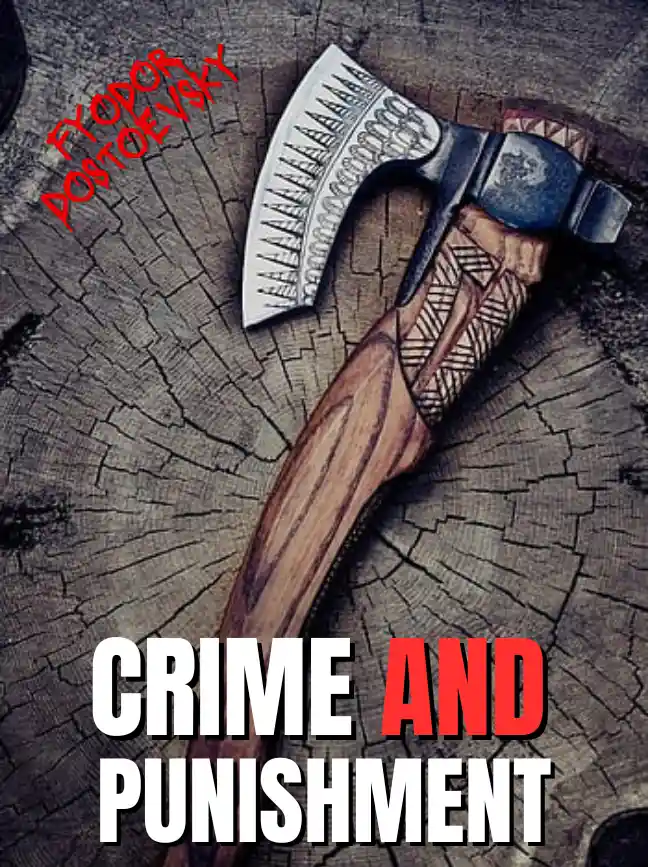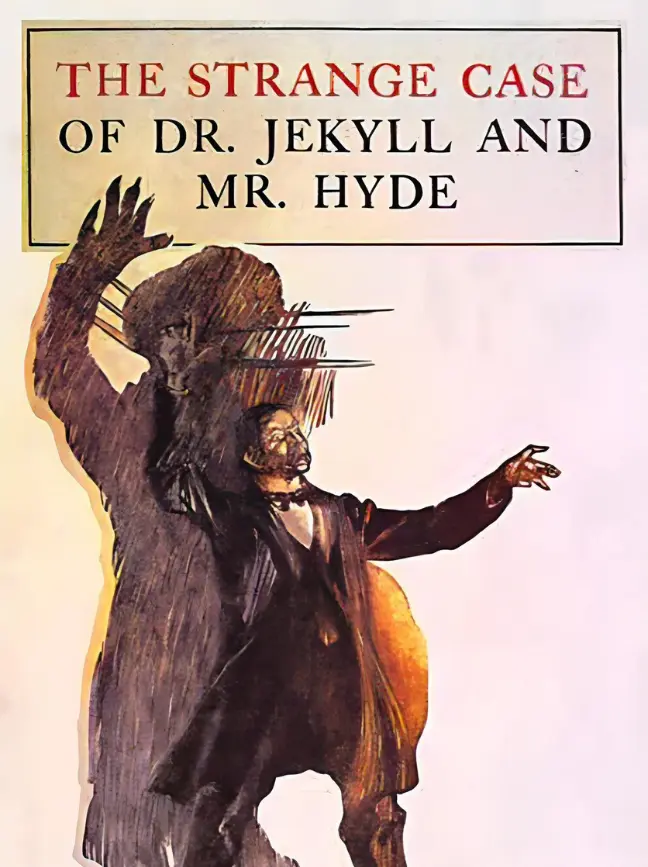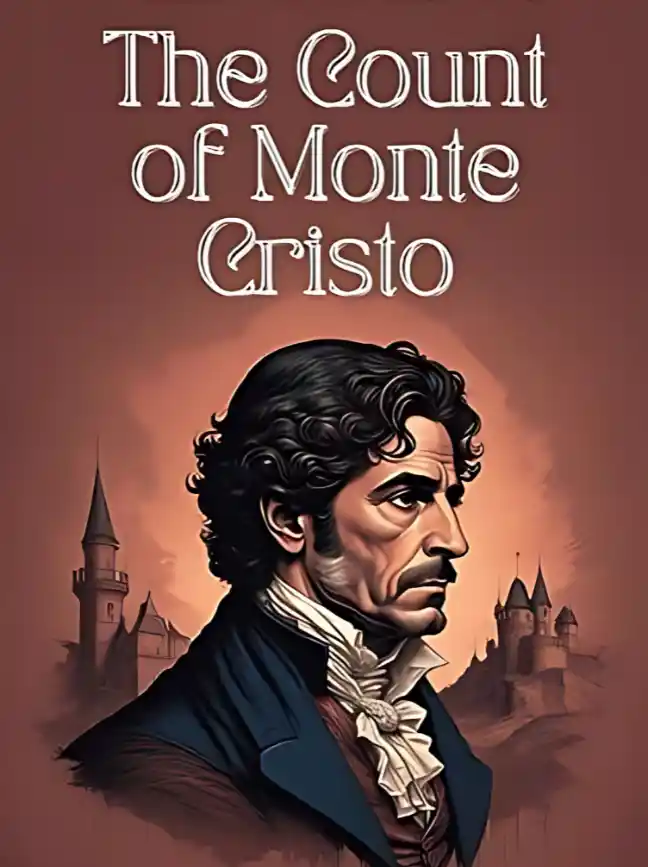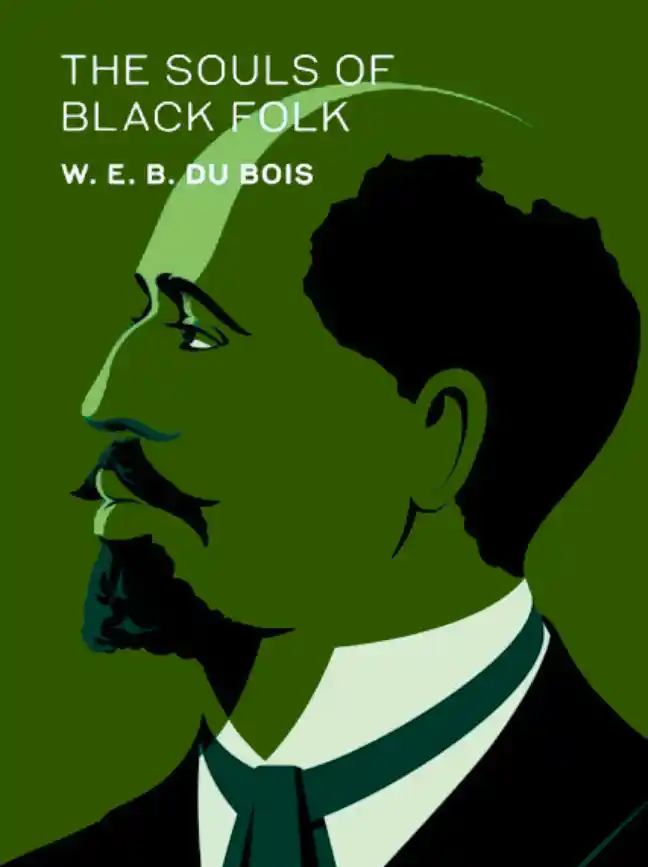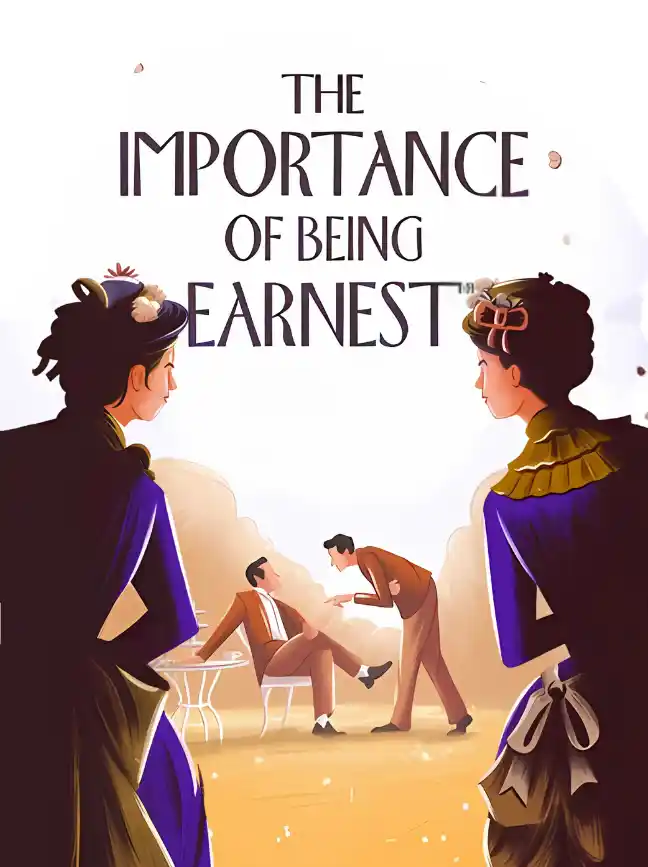Tova Sullivan prepares for battle. A yellow rubber glove sticks up from her back pocket like a canary’s plume as she bends over to size up her enemy.
Chewing gum.
“For heaven’s sake.” She jabs at the pinkish blob with her mop handle. Layers of sneaker tread emboss its surface, speckling it with grime.
Tova has never understood the purpose of chewing gum. And people lose track of it so often. Perhaps this chewer was talking, ceaselessly, and it simply tumbled out, swept away by a slurry of superfluous words.
She bends over and picks at the edge of the mess with her fingernail, but it doesn’t budge from the tile. All because someone couldn’t walk ten feet to the trash bin. Once, when Erik was young, Tova caught him mashing a piece of bubble gum under a diner table. That was the last time she bought bubble gum for him, although how he spent his allowance as adolescence set in was, like so much else, beyond her control.
Specialized weaponry will be necessary. A file, perhaps.
Nothing on her cart will pry up the gum.
As she stands, her back pops. The sound echoes down the empty curve of the hallway, bathed in its usual soft blue light, as she journeys to the supply closet. No one would fault her, of course, for passing over the blob of gum with her mop. At seventy years old, they don’t expect her to do such deep cleaning. But she must, at least, try.
Besides, it’s something to do.
TOVA IS SOWELL BAY AQUARIUM’S oldest employee. Each night, she mops the floors, wipes down the glass, and empties the trash bins. Every two weeks, she retrieves a direct-deposit stub from her cubby in the break room. Fourteen dollars an hour, less the requisite taxes and deductions.
The stubs get stashed in an old shoebox on top of her refrigerator, unopened. The funds accrue in an out-of-mind account at the Sowell Bay Savings and Loan.
She marches toward the supply closet now, at a purposeful clip that would be impressive by anyone’s standards but is downright astonishing for a tiny older woman with a curved back and birdlike bones. Overhead, raindrops land on the skylight, backlit by glare from the security light at the old ferry dock next door. Silver droplets race down the glass, shimmering ribbons under the fogbound sky. It’s been a dreadful June, as everyone keeps saying. The gray weather doesn’t bother Tova, though it would be nice if the rain would let up long enough to dry out her front yard. Her push mower clogs when it’s soggy.
Shaped like a doughnut, with a main tank in the center and smaller tanks around the outside, the aquarium’s dome- topped building is not particularly large or impressive, perhaps fitting for Sowell Bay, which is neither large nor impressive itself. From the site of Tova’s encounter with the chewing gum, the supply closet is a full diameter across. Her white sneakers squeak across a section she’s already cleaned, leaving dull footprints on the gleaming tile. Without a doubt, she’ll mop that part again.
She pauses at the shallow alcove, with its life-sized bronze statue of a Pacific sea lion. The sleek spots on its back and bald head, worn smooth from decades of being petted and climbed on by children, only enhance its realism. On Tova’s mantel at home, there’s a photo of Erik, perhaps eleven or twelve at the time, grinning wildly as he straddles
the statue’s back, one hand aloft like he’s about to throw a lasso. A sea cowboy.
That photo is one of the last in which he looks childlike and carefree. Tova maintains the photos of Erik in chronological order: a montage of his transformation from a gummy-grinned baby to handsome teenager, taller than his father, posing in his letter jacket. Pinning a corsage on a homecoming date. Atop a makeshift podium on the rocky shores of deep blue Puget Sound, clutching a high school regatta trophy. Tova touches the sea lion’s cold head as she passes, quelling the urge to wonder yet again how Erik might’ve looked now.
She continues on, as one must, down the dim hallway. In front of the tank of bluegills, she pauses. “Good evening, dears.”
The Japanese crabs are next. “Hello, lovelies.”
“How do you do?” she inquires of the sharp-nosed sculpin.
The wolf eels are not Tova’s cup of tea, but she nods a greeting. One mustn’t be rude, even though they remind her of those cable-channel horror films her late husband, Will, took to watching in the middle of the night when chemotherapy nausea kept him awake. The largest wolf eel glides out of its rocky cavern, mouth set in its trademark underbite frown. Jagged teeth jut upward from its lower jaw like little needles. An unfortunate-looking thing, to say the least. But then, looks are deceiving, aren’t they? Tova smiles at the wolf eel, even though it could never smile back, not even if it wanted to, with a face like that.
The next exhibit is Tova’s favorite. She leans in, close to the glass. “Well, sir, what have you been up to today?”
It takes her a moment to find him: a sliver of orange behind the rock. Visible, but mistakenly, like a child’s hide- and-seek misstep: a girl’s ponytail sticking up behind the sofa, or a socked foot peeking out from under the bed.
“Feeling bashful tonight?” She steps back and waits; the giant Pacific octopus doesn’t move. She imagines daytime, people rapping their knuckles on the glass, huffing away when they don’t see anything. Nobody knows how to be patient anymore.
“I can’t say I blame you. It does look cozy back there.”
The orange arm twitches, but his body remains tucked away.
THE CHEWING GUM mounts a valiant defense against Tova’s file, but eventually it pops off.
When Tova pitches the crusty blob into the trash bag, it makes a satisfying little swoosh as it rustles the plastic.
Now she mops. Again.
Vinegar with a hint of lemon tinges the air, wafting up from the wet tile. So much better than the dreadful solution they’d been using when Tova first started, bright green junk that singed her nostrils. She’d made her case against it right off the bat. For one thing, it made her dizzy, and for another, it left unsightly streaks on the floors. And perhaps worst of all, it smelled like Will’s hospital room, like Will being sick, although Tova kept that part of her complaint private.
The supply room shelves were crammed with jugs of that green junk, but Terry, the aquarium director, finally shrugged, telling her she could use whatever she wanted if she brought it herself. Certainly, Tova agreed. So each night she totes a jug of vinegar and her bottle of lemon oil.
Now, more trash to collect. She empties the bins in the lobby, the can outside the restrooms, then ends in the break room, with its endless crumbs on the counter. It’s not required of her, as it’s taken care of by the professional crew from Elland that comes every other week, but Tova always runs her rag around the base of the ancient coffee maker and inside the splatter-stained microwave, which smells of
spaghetti. Today, however, there are bigger issues: empty takeout cartons on the floor. Three of them.
“My word,” she says, scolding the empty room. First the gum, and now this.
She picks up the cartons and tosses them in the trash can, which, oddly, has been scooted several feet over from its usual spot. After she empties the can into her collection bag, she moves it back to its proper place.
Next to the trash sits a small lunch table. Tova straightens the chairs. Then she sees it.
Something. Underneath.
A brownish-orange clump, shoved in the corner. A sweater? Mackenzie, the pleasant young lady who works the admission kiosk, often leaves one slung over the back of a chair. Tova kneels, preparing to fetch it and stash it in Mackenzie’s cubby. But then the clump moves.
A tentacle moves. “Good heavens!”
The octopus’s eye materializes from somewhere in the fleshy mass. Its marble pupil widens, then its eyelid narrows. Reproachful.
Tova blinks, not convinced her own eyes are working properly. How could the giant Pacific octopus be out of his tank?
The arm moves again. The creature is tangled in the mess of power cords. How many times has she cursed those cords? They make it impossible to properly sweep.
“You’re stuck,” she whispers, and the octopus heaves his huge bulbous head, straining on one of his arms, around which a thin power cord, the kind used to charge a cell phone, is wrapped several times. The creature strains harder and the cord binds tighter, his flesh bulging between each loop. Erik had a toy like this once, from a joke shop. A little woven cylinder where you stuck in an index finger on either end then tried to pull them apart. The harder you pulled, the tighter it became.
She inches closer. In response, the octopus smacks one of his arms on the linoleum as if to say: Back off, lady.
“Okay, okay,” she murmurs, pulling out from under the table.
She stands and turns the overhead light on, washing the break room in fluorescent glow, and starts to lower herself down again, more slowly this time. But then, as usual, her back pops.
At the sound, the octopus lashes again, shoving one of the chairs with alarming force. The chair skids across the room and ricochets off the opposite wall.
From under the table, the creature’s impossibly clear eye gleams.
Determined, Tova creeps closer, trying to steady her shaking hands. How many times has she passed by the plaque under the giant Pacific octopus tank? She can’t recall it stating anything about octopuses being dangerous to humans.
She’s but a foot away. He seems to be shrinking, and his color has become pale. Does an octopus have teeth?
“My friend,” she says softly. “I’m going to reach around you and unplug the cord.” She peers around and sees exactly which cord is the source of his predicament. Within reach.
The octopus’s eye follows her every movement. “I won’t hurt you, dear.”
One of its free arms taps on the floor like a house cat’s tail.
As she yanks the plug, the octopus flinches backward. Tova flinches, too. She expects him to slink out along the wall toward the door, in the direction he’d been straining.
But instead, he slides closer.
Like a tawny snake, one of his arms slithers toward her. In seconds, it winds around her forearm, then twists around her elbow and bicep like a maypole ribbon. She can feel each individual sucker clinging to her. Reflexively, she tries
to yank her arm away, but the octopus tightens his grip to the point where it’s almost uncomfortable. But his strange eye glints playfully, like a naughty child’s.
Empty takeout cartons. Misplaced trash can. Now it makes sense.
Then, in an instant, he releases her. Tova watches, incredulous, as he stalks out the break room door, suckering along on the thickest part of each of his eight legs. His mantle seems to drag behind him and he looks even paler now; he’s moving with effort. She hurries after him, but by the time she reaches the hallway, the octopus is nowhere to be seen.
Tova drags a hand down her face. She’s losing her faculties. Yes, that’s it. This is how it begins, isn’t it? With hallucinations about an octopus?
Years ago, she had watched her late mother’s mind slip away. It started with occasional forgetfulness, familiar names and dates elusive. But Tova does not forget phone numbers or find herself searching the back of her mind for names. She looks down at her arm, which is covered in tiny circles. Sucker marks.
Half-dazed, she finishes the evening’s tasks, then makes her usual last round of the building to say good night.
Good night, bluegills, eels, Japanese crabs, sharp-nosed sculpin. Good night, anemones, seahorses, starfish.
Around the bend she continues. Good night, tuna and flounder and stingrays. Good night, jellies, sea cucumbers. Good night, sharks, you poor things. Tova has always felt more than a bit of empathy for the sharks, with their never- ending laps around the tank. She understands what it means to never be able to stop moving, lest you find yourself unable to breathe.
There’s the octopus, once again hidden behind his rock. A puff of flesh sticks out. His orange is more vivid now, compared to how he looked in the break room, but he’s still paler than usual. Well, perhaps it serves him right. He ought
to stay put. How on earth did he get out? She peers through the rippling water, scanning up under the rim, but nothing seems amiss.
“Troublemaker,” she says, shaking her head. She hovers for an extra moment in front of his tank before leaving for the night.
TOVA’S YELLOW HATCHBACK chirps and blinks its sidelights as she presses the key fob, a feature she’s still not accustomed to. Her friends, the group of lunching ladies who affectionately call themselves the Knit-Wits, convinced her she needed a new car when she started her job. A safety issue, they argued, to drive at night in an older vehicle. They badgered her about it for weeks.
Sometimes it’s easier to simply give in.
After depositing her jug of vinegar and bottle of lemon oil in the trunk, as always, because no matter how many times Terry has told her she’s welcome to store them in the supply closet, one never knows when a bit of lemon and vinegar might come in handy, she casts a glance down the pier. It’s empty at this late hour, the evening fishermen long gone. The old ferry dock sits across from the aquarium like some ancient rotting machine. Barnacles cover its crumbling pilings. At high tide, the barnacles snag strands of seaweed, which dry into green-black plaque when the seawater ebbs.
She crosses the weathered wooden planks. As always, the old ticket booth is exactly thirty-eight steps from her parking space.
Tova looks once more for any bystanders, anyone lingering in the long shadows. She presses her hand to the ticket booth’s glass window, its diagonal crack like an old scar across someone’s cheek.
Then she walks onto the pier, out to her usual bench. It’s slick with salt spray and speckled with seagull droppings. She sits, pushing up her sleeve, looking at the strange round marks, half expecting them to be gone. But there
they are. She runs the tip of her finger around the largest one, right on the inside of her wrist. It’s about the size of a silver dollar. How long will it linger there? Will it bruise? Bruises come so easily these days, and the mark is already turning maroon, like a blood blister. Perhaps it will remain permanently. A silver-dollar scar.
The fog has lifted, nudged inland by the wind, shunted off toward the foothills. To the south, a freighter is anchored, hull riding low under the rows of containers stacked like a child’s building blocks on its deck. Moonlight shimmies across the water, a thousand candles bobbing on its surface. Tova closes her eyes, imagining him underneath the surface, holding the candles for her. Erik. Her only child.

